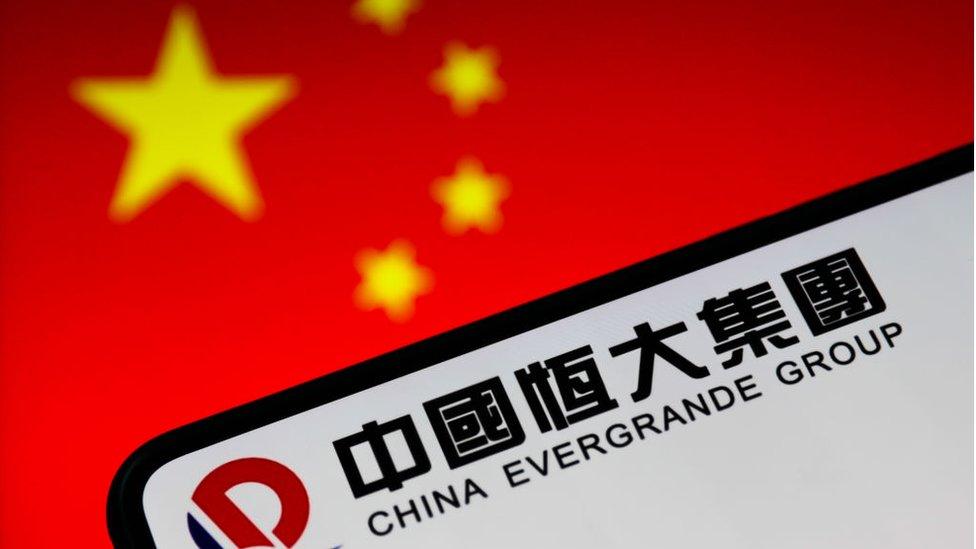China investment firm's shares slump after $6.6bn bailout
- Published
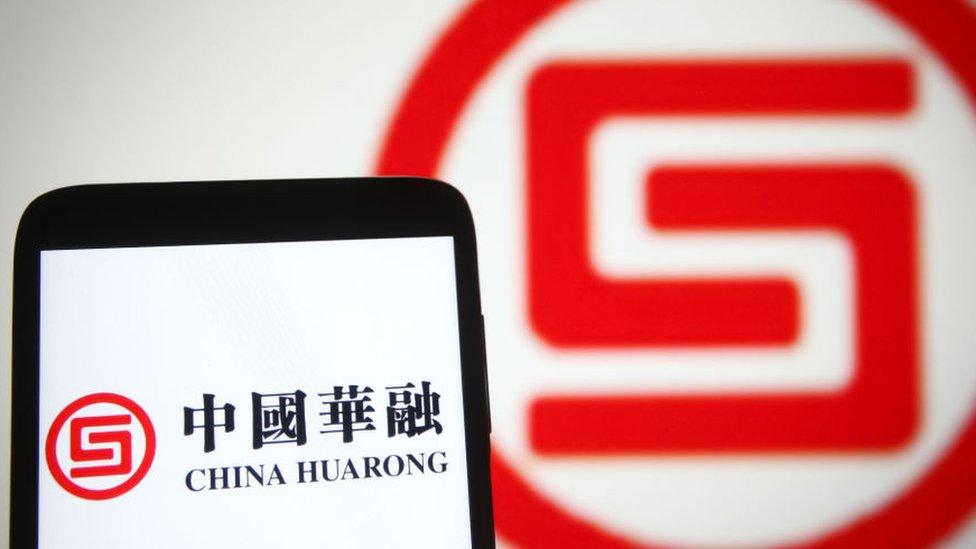
Shares in scandal-hit China Huarong Asset Management have closed down by 50% after a state-backed bailout of almost $6.6bn (£4.9bn).
The company's shares resumed trading on Wednesday after a nine-month suspension on the Hong Kong Stock Exchange.
Huarong rocked Asian stock markets in August last year when it revealed a record loss of close to $16bn.
The firm's former chairman Lai Xiaomin was executed last year after being found guilty of corruption.
Huarong, one of four state-owned distressed-debt managers, halted trading in its shares on 1 April last year.
The move came after the firm missed a deadline at the end of March to file its earnings for 2020.
That sparked a rout in Huarong's US dollar-denominated bonds that spread to the bonds of other Chinese companies.
In August, Huarong, which counts China's finance ministry as its largest shareholder, announced a profit of $24.5m for the first half of 2021 and an almost $16bn loss for 2020.
The company had earlier in November said that it would receive a cash injection of $6.59bn from a group of state-backed investors as part of its rescue plan.
Huarong, which is majority-owned by China's Ministry of Finance, was set up in 1999 to take bad debts off the country's largest state-owned banks.
During Mr Lai's time as chairman the asset manager expanded far beyond its original remit.
The crisis that engulfed the firm was seen by investors as a test of the Chinese government's approach to corporate failures.
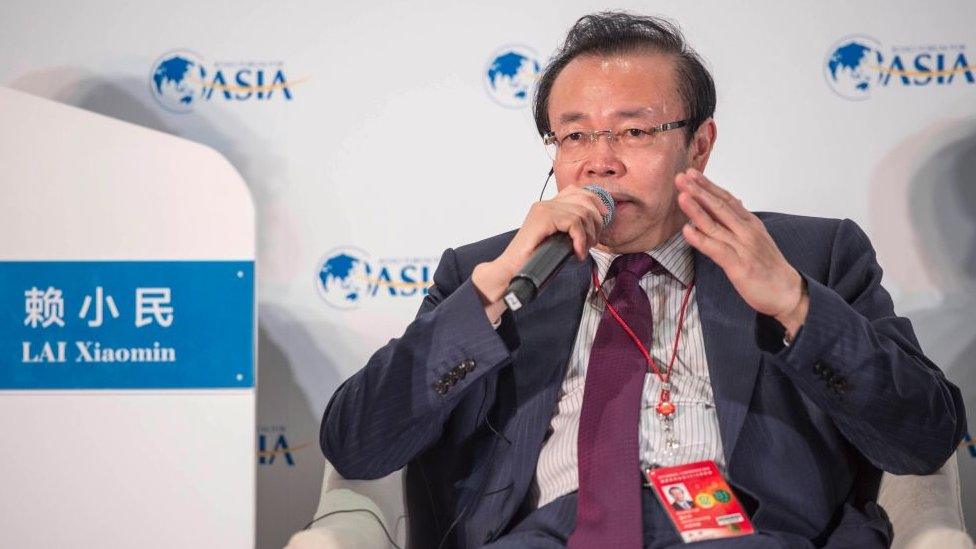
China Huarong Asset Management's former chairman Lai Xiaomin was executed last year after being found guilty of corruption
Mr Lai was arrested in 2018 on charges of taking 1.8bn yuan (£210m, $280m) in bribes over a 10-year period.
His death sentence was heavily criticised, with rights group Human Rights Watch saying China was "clearly taking a major step backwards."
It was one of the most severe sentences to stem from President Xi Jinping's anti-corruption drive.

You may also be interested in:
What China's Evergrande crisis means for the world
Related topics
- Published4 January 2022
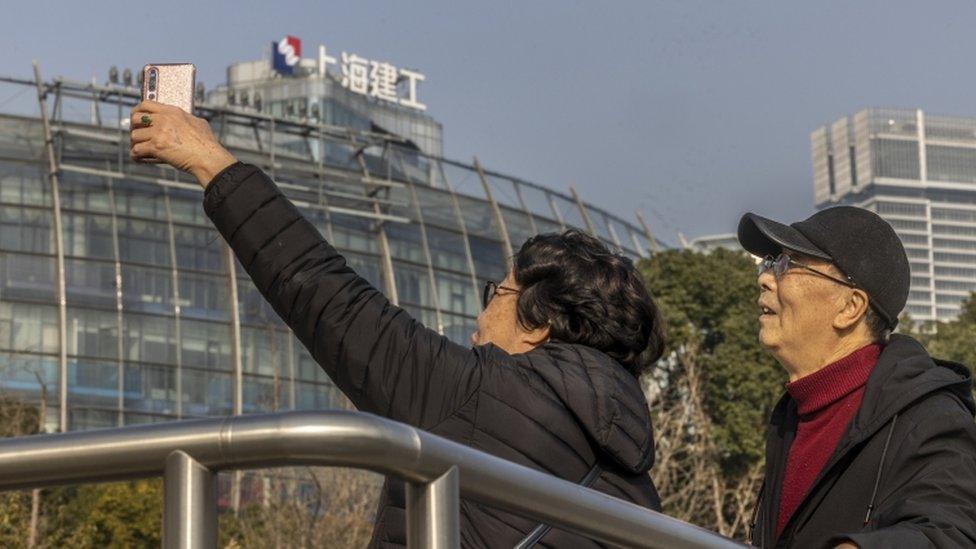
- Published20 December 2021
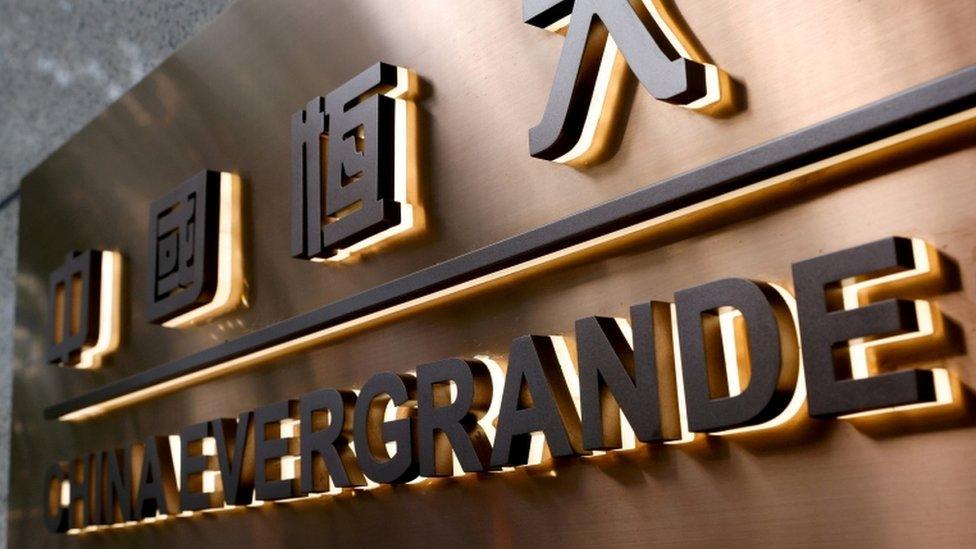
- Published30 September 2021
